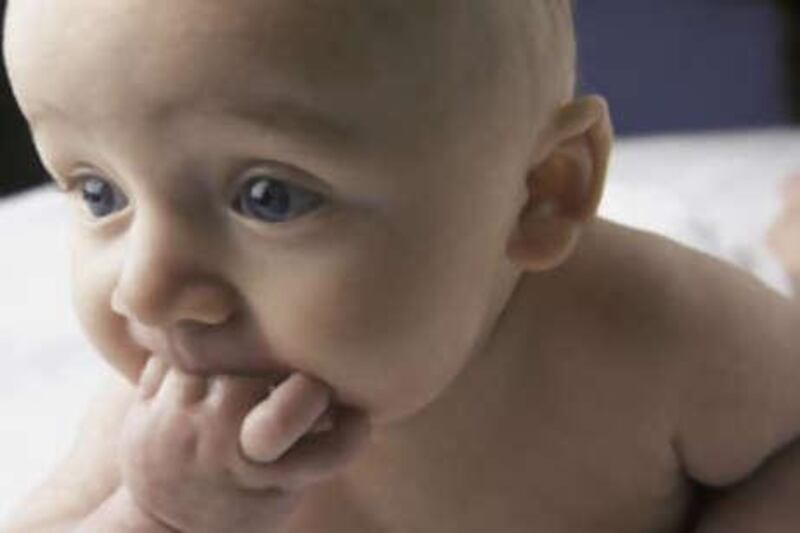Dentists have long believed that saliva is a mirror of the body. To Dr David Wong, it also has deep potential to serve as a powerful looking glass. The professor of oral biology at the University of California, Los Angeles (UCLA) school of dentistry is the editor of a new book, Saliva Diagnostics, to be published later this year. If Dr Wong has his way, we could soon be keeping on top of our whole body health by testing ourselves at home for diseases like cancer and diabetes.
"Some of these tests may eventually migrate into our homes, just like a pregnancy test," he said. Saliva is mostly water, secreted from three different gland sets and composed of special cells taken up from water, salts and molecules in the blood. Since most of what is in the body's blood is also present in saliva, it can change to reveal fluctuations in everything from the body's hormone levels to an emerging neurological condition.
"When you dig deeper, you really see saliva comes from the circulation that nourishes the saliva glands," said Dr Wong. He and his team have been immersed in this particular arm of research for the last five years, drawing funding not from drug companies but the US National Institutes of Health. They have been charting saliva's protein and ribonucleic acid (RNA) molecules, which are genetically coded, so far identifying more than 1,000 from various organs. With that specific information gleaned, most often using a process called mass spectrometry, scientists can now look for changes or abnormalities in saliva that can indicate the early onset of certain diseases in the body.
"We know about biomarkers in blood," said Dr Wong. "The same biomarkers can find their way into saliva. It's just another way to health and disease prevention." He and his team have already developed a saliva test for oral cancer and Sjogren's Syndrome, a systemic disease in which the body's immune system attacks the glands that produce saliva and tears. Dr Wong says they have promising early evidence that it will be possible - perhaps even within five years - to use saliva to detect biomarkers for more systemic diseases, like breast, lung and pancreatic cancers, as well as diabetes.
Dr Wong has faced somewhat of an uphill battle in what he calls "the sleeping beauty of biometrics", also known as the study of biological phenomena. "The biomedical community and our society in general looks at saliva in a negative way," he said. "People say things like I spit on you, I spit on your grave." Humans do not seem to have a problem with their saliva, as long as it stays where it is supposed to be, said Dr Wong.
In some cultures - including North American - the distaste for it kicks in once it leaves the body. In a recent article in American Scientist, Dr Wong wonders if that is why science has been slow to get excited about all it can tell us. But Dr Wong is not alone in his passionate belief about the diagnostic possibilities of saliva. At the University of Texas, researchers announced earlier this year they had found specific protein markers needed for an early breast cancer diagnosis. And at Johns Hopkins University in Baltimore, Maryland, researchers have developed a mouth rinse that can detect cancer markers - which they say shows early promise as a screening tool for high risk cases.
At McGill University in Montreal, Canada, researchers have developed a saliva test for infants and their mothers in India to test for HIV. Such tests remove the stigma that a traditional blood test might create and are easier to administer, researchers say. The benefits of saliva testing versus blood sampling or more invasive diagnostic tests are many, says Dr Wong. Saliva testing is easier, safer and less intrusive. Since its testing does not require specially trained personnel, there is no risk of exposing anyone to blood-born diseases. Also, oral fluids do not clot like blood, so they not require the same level of manipulation.
The tests can also tackle one of the biggest problems in diagnostics: since most diseases remain hidden throughout their early stages, they only reveal themselves with symptoms when they are advanced and more difficult to treat. "The holy grail of diagnostics is early detection, so this is where saliva shines," he said. @Email:amcqueen@thenational.ae






